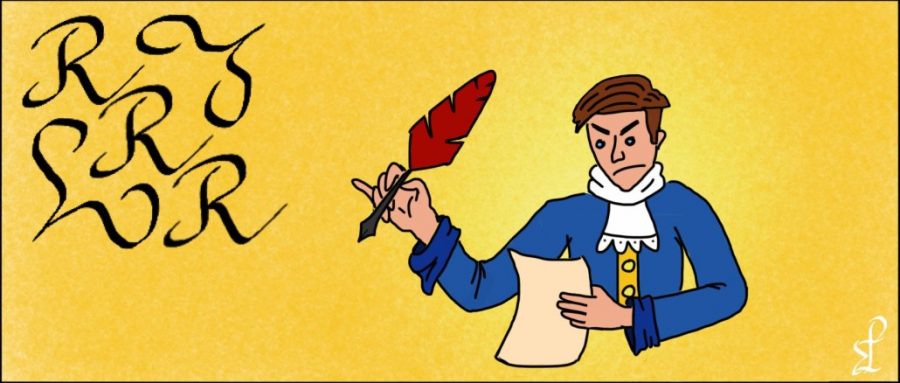RRR #5: Overused Jokes, or Puns so Ubiquitous that their Presence is Unremarkable, yet their Absence is Disappointing
[Ed. Note – If the first three words of this article didn’t tip you off, we originally planned on releasing this article around Halloween.]
Since it’s Halloween, I need to do something particularly spooky, so I thought to myself, “What could be more absolutely terrifying than idiomized jokes?” By this, I mean jokes that have become so overused, they no longer seem to be jokes, but, rather, an integrated part of our language. Not all of these idiomized jokes are explicitly jokes; many are simply incredibly witty words and phrases. I won’t do my best to compile a list of these for the purpose of example. Instead, I will just reference some of the greatest offenders that rise to the surface of my consciousness as I compose this article.
So why is this a problem? Let’s objectively discuss my opinion. It’s really annoying. I really doubt anybody makes these jokes thinking that they are clever or nice or, really, saying anything worth saying. Or maybe they do. Maybe they think that they’re doing a necessary thing. Ay, there’s the rub. When we don’t make these jokes, we are “boring” and “uncreative.”
The worst one I can think of for Halloween is probably “BOO,” or, more precisely, puns based around “BOO.” (Brief aside: “I am BOOlean, true or false?” is either one of the best or one of the worst jokes Nintendo has ever made.) But if your Halloween advert lacks the magic word, what are you even doing? It is at this point that I come across a problem. While fixing this issue is probably our number one priority nation-wide, the hard evidence is rather scarce; I don’t stand a ghost of a chance in making this argument. Do you boolieve me? Because I’ve got a skele-ton more ubiquitous jokes that will convince you of my supreme wit and originality.
But seriously, Adam: why is this a bad thing? I, personally, really like these puns and I think that they’re quirky. Well, you see, normally, slang in a language comes and goes. More recently, slang terms have formed and dissipated more rapidly. Whether or not the Internet is responsible for this, and whether or not this is a good thing, is not important right now. The problem is that these jokes aren’t going away. Sure, there are idioms that have a lot of staying power, but when is the last time you heard a peer say “came out of left field,” “patience of Job,” or “a whale of a time?” I have absolutely no evidence but precedent to suggest that our modern idioms will phase out, while our idiomized jokes will not.
Every morning, I wait at [REDACTED HIGH SCHOOL] to transfer from my first bus to the bus that takes me to McQuaid. Over the P.A. system, on the morning of October the twenty-fifth, I heard a male’s voice ask the eternal question: “Does the name Pavlov* ring a bell?” I barely acknowledged the question as a joke, having heard it so many times in the past. But mention Pavlov in a room full of people, and somebody will jump straight to making that same joke. Why do we do this, when we know that everybody has heard the joke already?
Likely, all of my reader(s) use idioms, but we know that these are useful because they’re universally understood ways of expressing complicated ideas without sounding pretentious. What purpose do these jokes serve? They don’t seem to convey any information. Perhaps they set a casual mood, or perhaps they are meant to be crutches for people who can’t structure high school P.A. announcements. I don’t understand. This does not seem to be an effective way of making human interactions tolerable.
–
* Pavlov was that bloke who conditioned dogs to react to the sound of a bell by, most famously, salivating.[citation needed]
